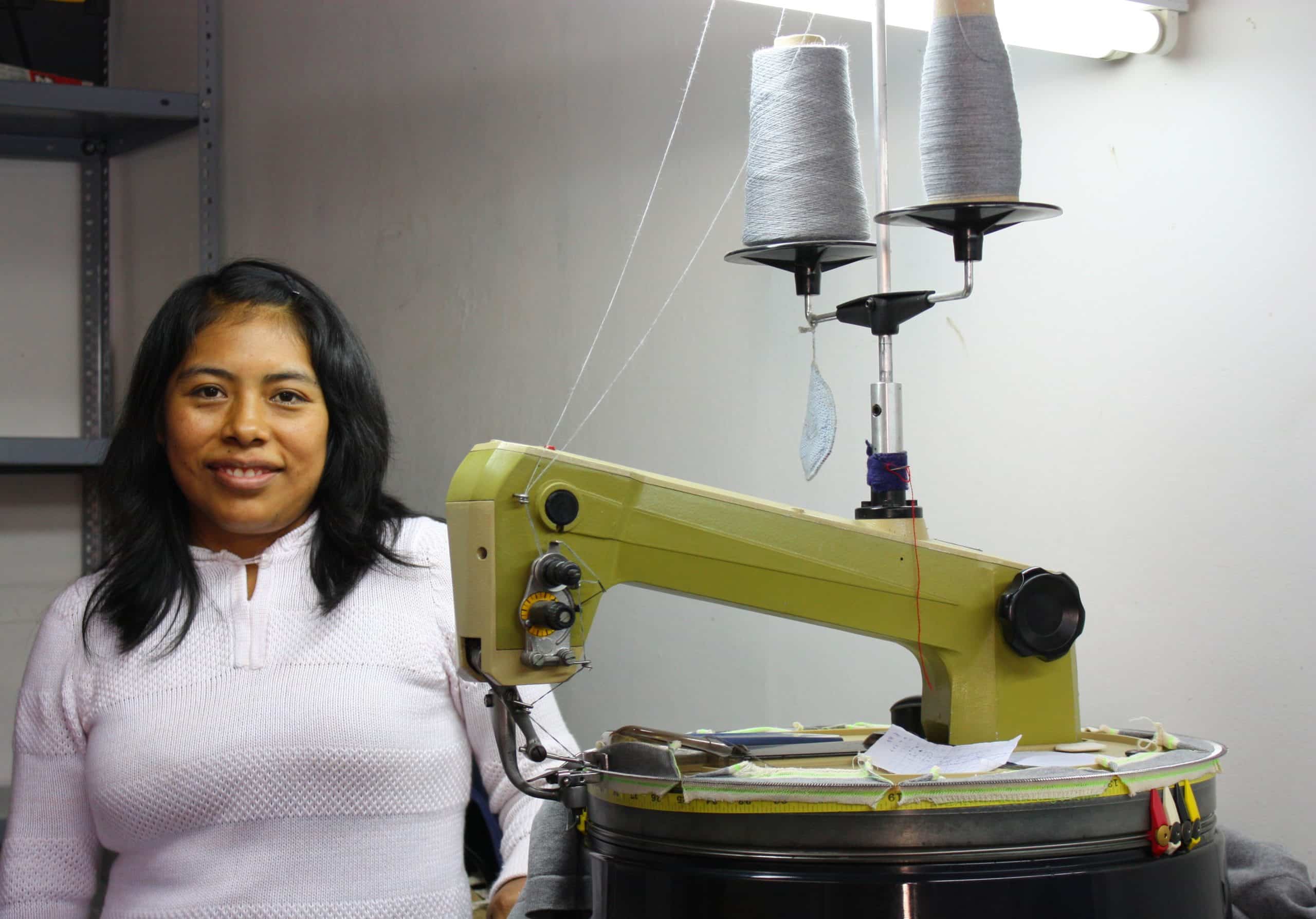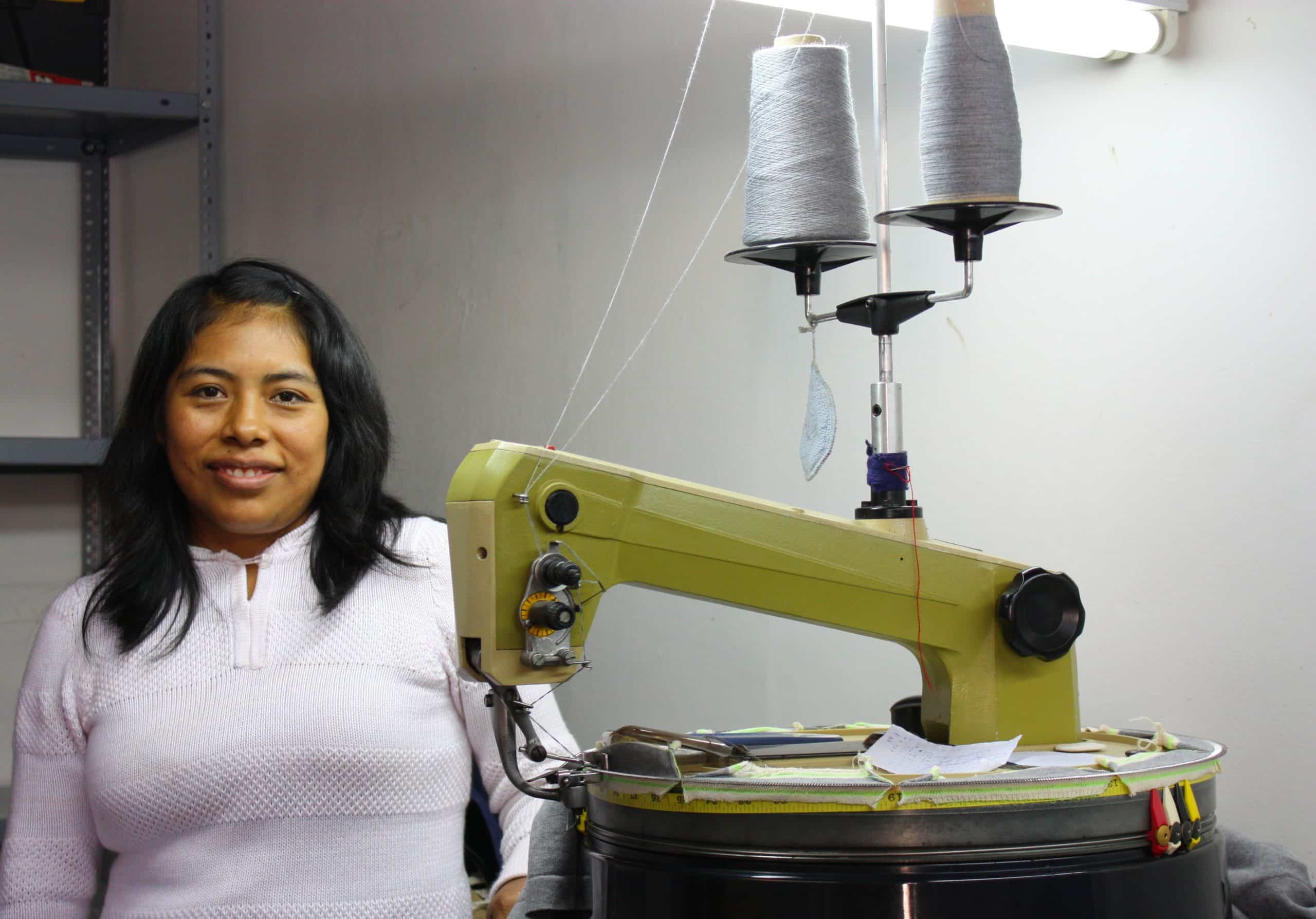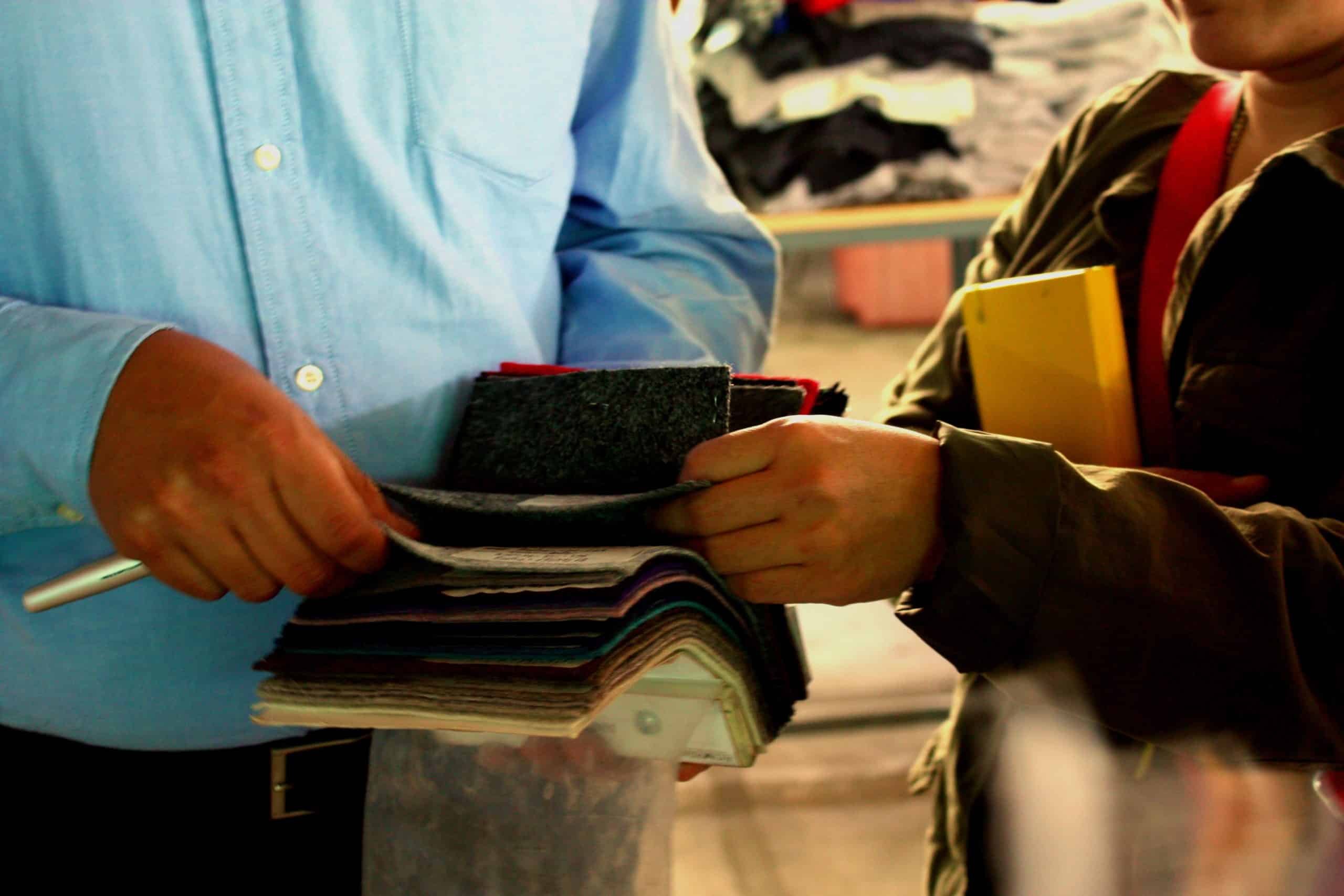

Fany Paty always wanted to run her own business.
Like many entrepreneurs, Fany longed for a job where she could have flexible working hours and a healthy degree of independence. But for Fany, this wasn’t a matter of personal preference. She needed to bring in enough money to provide for her family while still having the time to care for them day-to-day.
When Fany moved from the Peruvian tourist hub of Cusco to the smaller Andean city of Arequipa with her husband and four-year-old son Khalef in 2014, she knew no one. Says Fany, “We were a family that was alone here. We didn’t have anyone to take Khalef to school, or to pick him up. So our goal was to find a business where we could work and still be with our children.”
For Fany and her husband, a weaving business seemed like a natural fit. The Andean region of Perú has a long history of textile production, and thanks to the independent nature of the profession, many weavers can work from their own homes rather than in factories. However, much of this work is seasonal, dependent on the tourists who flock to the Peruvian Andes between May and October. As the rains begin to pour, tourism slows to a trickle, and many weavers struggle to find work. Had Fany and her husband chosen to strike out completely on their own, they might not have found enough customers to generate the income they needed to support a family.
Enter Art Atlas, a fair-trade- and organic-certified textile business based right in the heart of Arequipa.
Root Capital has worked with Art Atlas for the last 10 years, providing critical financing that has unlocked a nearly tenfold increase in the business’s revenues and enabled Art Atlas to create jobs for 270 artisan employees like Fany and her husband. And thanks to the strong relationships it has built with international buyers and traders, Art Atlas is able to export textiles throughout the year, generating incomes for its employees that don’t disappear when the tourist season ends.

When Fany first approached Art Atlas looking for work, she explained to the general manager that she needed to work from home so that she could watch her son. And while Fany and her husband knew how to weave, they couldn’t afford to buy a loom.
Not only was the business willing to accommodate Fany’s need for flexibility, but it also provided her with a loan to purchase a mechanized loom — an investment that would allow Fany and her husband to produce much more cloth than they would be able to with a cheaper, hand-operated loom.
Two years later, Fany now has two looms and an employee of her own; she’s running her own business, just like she’s always wanted. And Khalef? He’s now six years old and an older brother to two young siblings. According to Fany, he likes to draw and do origami — “an artist like his mother,” she says with a bright smile.
When asked how she can work a full day and take care of three young children at the same time, Fany just laughs and says, “Because I’m Superwoman!”
